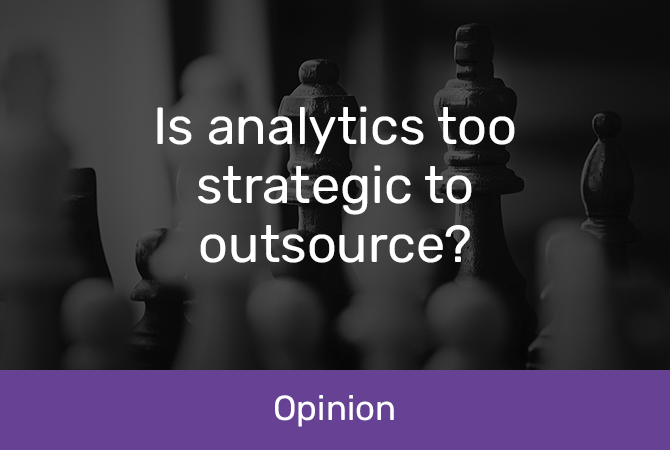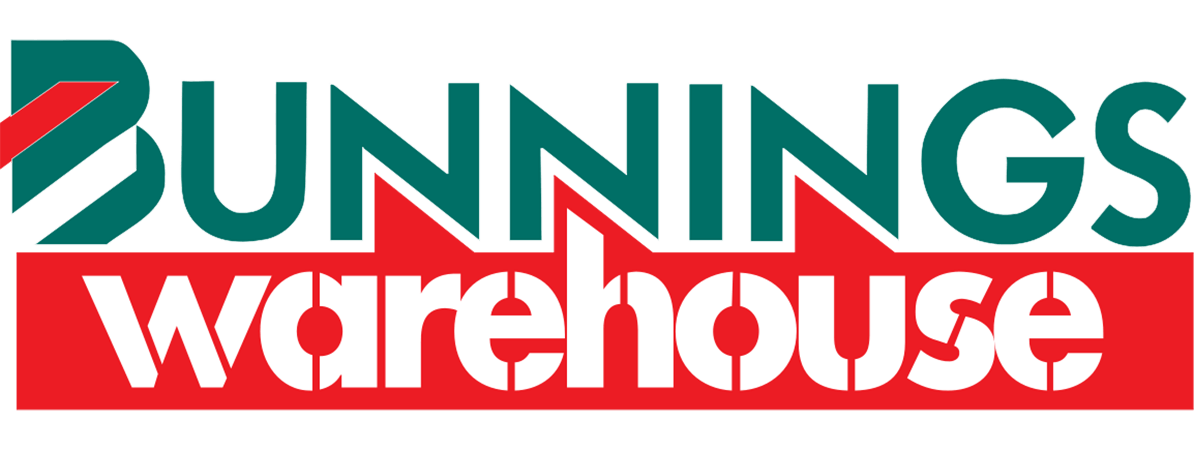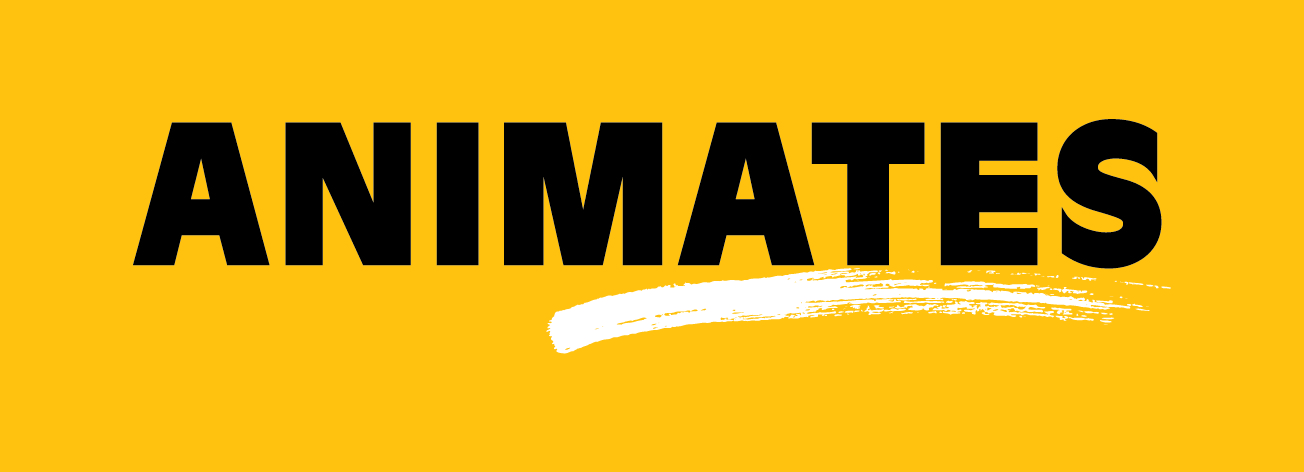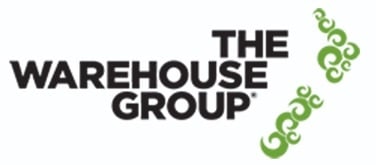
Is analytics too strategic to outsource?
One of the most common worries that our prospective clients have is that analytics is too strategic or confidential to outsource. Companies are often worried about losing know-how or IP, both of which are valid concerns. But will hiring an external analytics provider really undermine any of your confidentiality practices or key strategic initiatives?
We do believe that analytics is too strategic to 100% outsource - businesses definitely need a certain level of internal capability in order to remain autonomous. Keeping some of the resource in-house can have several benefits:
- It allows you to effectively manage your outsource partner.
- It allows you to easily implement your analytics partner’s suggested solutions - having someone internal to help put the insights into action is essential.
- It ensures you have in-house capability for things that are too strategic to outsource.
In our experience, at some point the lack of transparency leads to significant problems for clients, usually in one of the following ways:
- The analytics partner’s activity is misaligned with what client thinks is happening
- Incorrect or unwanted work is generated that the client either can’t identify or implement
-
There are miscommunications around what value the client is getting from the relationship
What it boils down to is that businesses need to have some analytics capability in-house in order to avoid the pitfalls of complete reliance on an external company.
However, we firmly believe that you can outsource some of your analytics to the right partner and feel confident in both the treatment of your data and the partner’s ability to drive significant value through analytics. Looking at other industries, we certainly see organisations trusting law firms and accountancies to deal with their important and confidential issues - analytics is no different. But you need the right relationship and right controls.
Prospective clients often ask me, ‘Does it really make sense to be looking for external help when what we really need is to build our internal capabilities?’ It’s a question that makes logical sense until you actually pick it apart.
Analytics, ‘strategic decisions’, and capability building
Organisations that define new strategic directions are trying to do something new with their company or brand to differentiate. However, what is new to an organisation is often not new to the market or industry. If you decide that building analytics capabilities in your business is of strategic importance, then it’s logical to partner with an organisation that already has this expertise so you can reduce risk, accelerate pace, and get a better overall result in a meaningful area.
Consider this: if you managed a construction company that was building a skyscraper on geothermally active land, you would bring in a whole host of earth science specialists, engineering geologists and other experts to ensure everything was up to code before proceeding with the project. Similarly, projects and priorities in your business that are deemed to be of strategic importance need oversight from both internal and external experts.
Organisations often focus on the cost of developing analytics capability rather than the value, but the ‘high’ cost of skilled analytics experts is misleading. Getting skilled people means you get a better, faster result which in the end is more cost efficient for you. Cutting costs in a strategically important area incurs more risk at exactly the time you need less risk.
Analytics is strategic, which is precisely why it’s so imperative to have a hybrid model and seek external help as your business undergoes transformation.
If you have decided to work with an external expert, the question then becomes, ‘What should I outsource?’ The answer to this question will vary for each business, depending on your industry, size, internal capabilities, current challenges and more. Our collection of case studies might provide you with some insight into what other similar organisations are seeking help with – additionally, we’d be happy to chat with you to identify your issues and see what solutions could help.














































